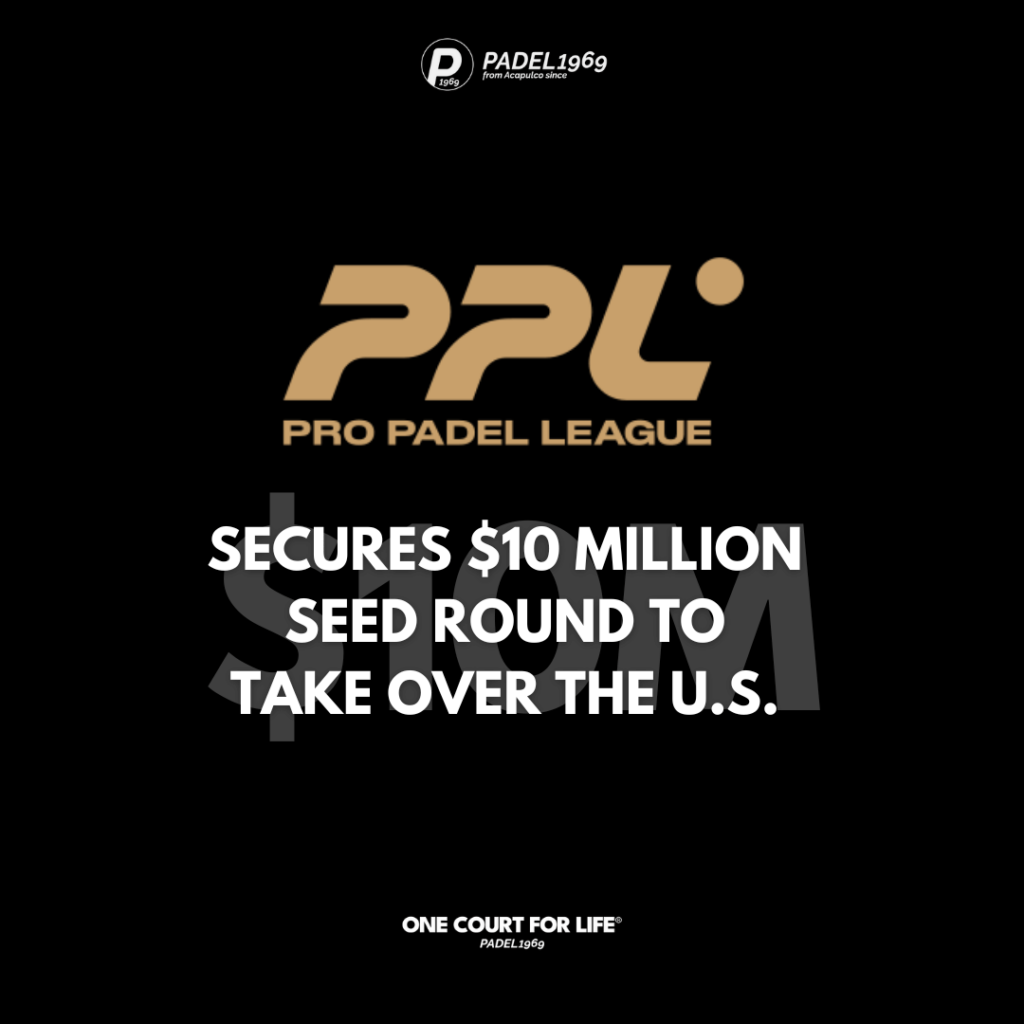Padel, the fast-paced racket sport taking the world by storm, is making a serious play for the American market—and investors are taking notice.
The Pro Padel League (PPL), North America’s first professional padel league, has raised $10 million in seed funding from a group that includes Left Lane Capital, Kactus Capital, entrepreneur Gary Vaynerchuk, and others. The funding marks PPL’s first institutional investment and underscores a broader push to professionalize and scale the sport across the U.S.
Pro Padel League Season Schedule for 2025
Pro Padel League (PPL) is clearly one of the most promising Padel tournaments for professional players and also in terms of media and broadcasting reach. PPL has just recently announced its new tournaments to take place not only in the USA, but also in Canada, Mexico and Spain. It is significant news that earlier only being focused in American markets, PPL has decided to organised tournaments in Europe. See a link to further reading.
A Global Sensation Hits U.S. Shores
Originating in Mexico and gaining mass popularity in Spain and Argentina, padel has become one of the fastest-growing sports globally. The PPL is betting the U.S. will be the next market to embrace the sport’s unique blend of speed, accessibility, and social appeal.
Launched just two years ago, PPL now spans ten franchises from Cancun to Toronto and major U.S. cities including Los Angeles, Miami, New York, Houston, and Las Vegas. The league features elite international talent, including world number one Ariana Sanchez Fallada and top-ranked male players Agustin Tapia and Federico Chingotto. Cultural icons like Daddy Yankee and Ella Emhoff have also backed the league, adding entertainment-world credibility to its growing influence.
Investors Backing a Vision for the Future
For investors like Harley Miller, CEO of Left Lane Capital, the PPL represents a first-mover opportunity in a market ripe for disruption.
“We’ve seen how rapidly padel has grown around the world,” Miller says. “PPL’s team-based format and city-centric model give it a unique ability to connect with fans and create lasting value in North America.”
The seed capital will be deployed to build out PPL’s executive team—including a commissioner, CRO, and CFO—while also establishing a permanent headquarters. The goal is to position PPL alongside other major American sports leagues, both in operational excellence and fan engagement.
From Passion Project to Professional League
PPL CEO Mike Dorfman is one of the sport’s most prominent evangelists. A former tech entrepreneur, Dorfman discovered padel during the pandemic and quickly recognized its potential to thrive in the U.S. market. After falling in love with the sport at Brooklyn’s Padel Haus, he left his company to lead PPL full-time.
Now, he’s laser-focused on turning the league into a premier spectator experience.
“There’s an open lane for a new sport to break through in America,” Dorfman says. “Padel’s growth potential here is unlimited.”
Building the Foundation for Long-Term Growth
While the league has established a foothold in major metro areas, the next growth wave will come from expanding into mid-sized and emerging markets—cities where padel courts are only now being built. According to the United States Padel Association, the country is expected to have 20,000 courts and 15 million players within five years.
But for the league to reach its full potential, Dorfman says infrastructure and youth development are key. “We need courts, clubs, and school programs. That’s how we’ll build homegrown talent and create a sustainable ecosystem.”
More Than a Sport—A Cultural Movement
Padel’s appeal is as much about lifestyle as competition. Played in doubles, it’s social by design and accessible to players of all skill levels. That crossover appeal has made it a magnet for celebrities, athletes, and cultural tastemakers.
That crossover is something branding expert Jolene Delisle, founder of The Working Assembly, leaned into while developing the PPL’s identity. Her agency’s work helped establish a bold, energetic visual brand rooted in padel’s international roots and American aspirations.
“We didn’t just want to create a brand—we wanted to build a community,” Delisle says. “Padel is fast, fun, and inclusive. Our challenge was to express that in a way that would resonate with U.S. audiences.”
Looking Ahead: Expansion, Tech, and Culture
As PPL prepares for its third season in 2025, it’s already working to evolve the fan experience. The league will stick with ten teams for now, but plans to expand to twelve in 2026. Franchises initially sold for $200,000 last year, but those prices are expected to rise sharply as interest and demand grow.
On the broadcast side, fans can expect an even more immersive product. PPL is enhancing coverage with AI-powered player tracking, more dynamic camera angles, and additional audio to elevate storytelling and engagement. The league’s fusion of sport and entertainment will also extend to live events, culinary experiences, and fashion-forward gear.
With partnerships across 16 broadcasters, the league already reaches more than 300 million households—a strong foundation for what it hopes will be America’s next great sport.
“Padel has everything going for it,” Delisle adds. “But the key is turning it into an experience. That’s how you go from sport to movement.”
Need advice about in investing in Padel sector?
Book a call with us if you want to build a Padel court and don’t know where to start, or contact us at [email protected] for more on our advisory services.
PADEL1969 | from Acapulco since 1969.

